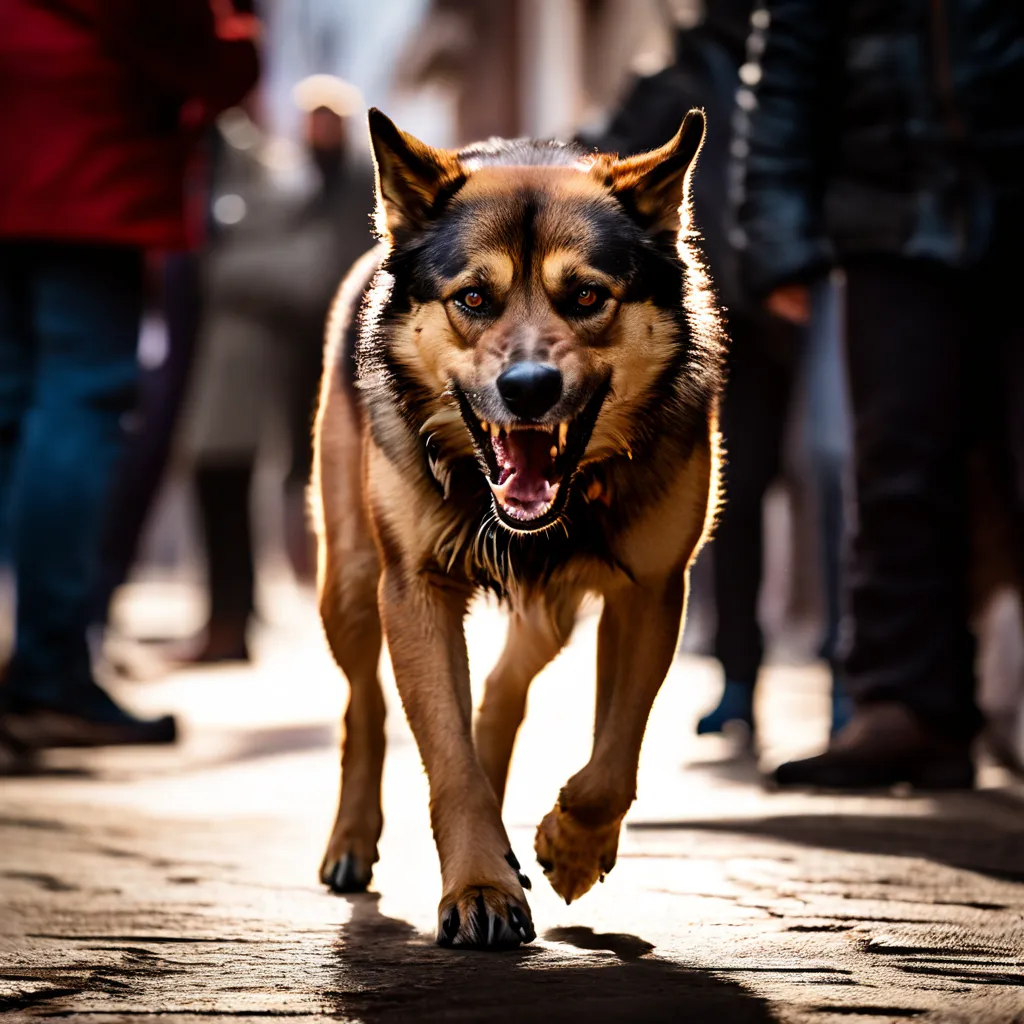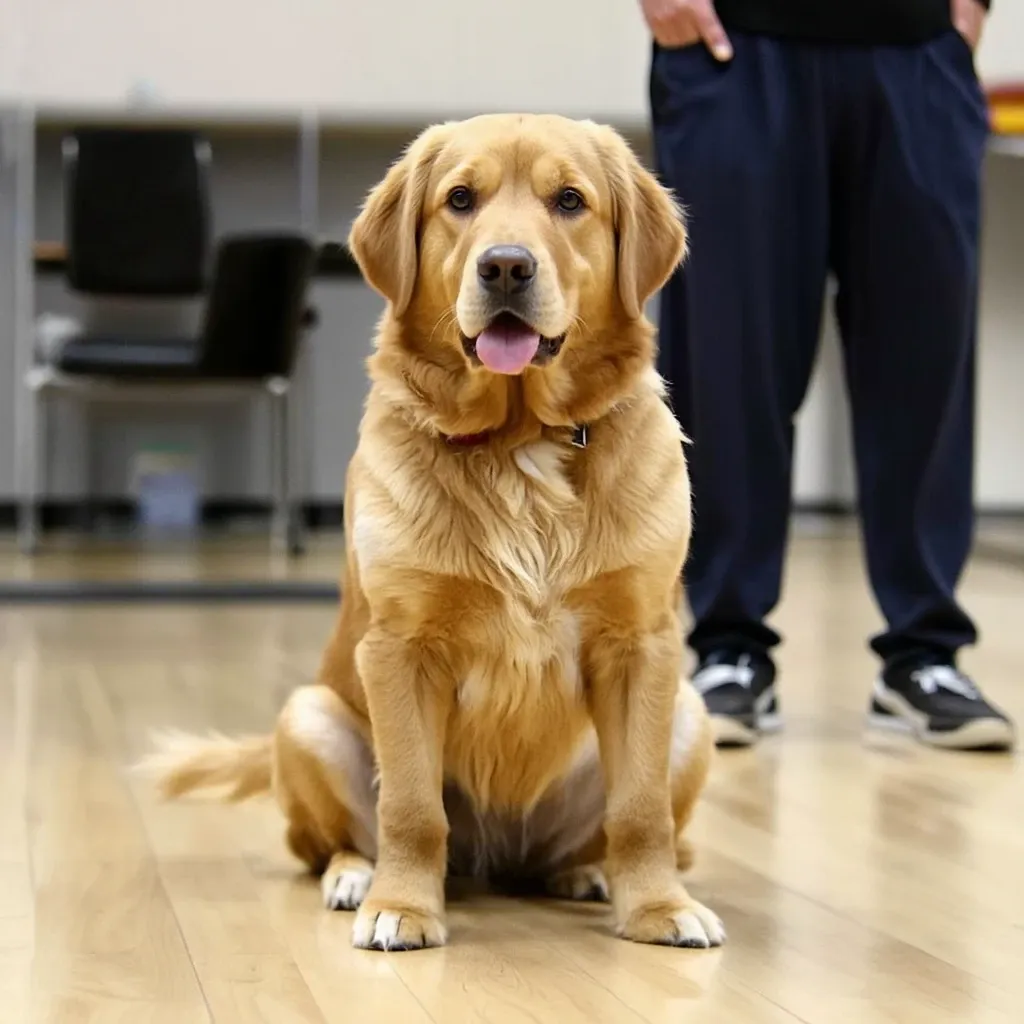Introduction
When it comes to canine companions, one question often arises: what dog breed has the highest IQ? The answer may surprise you. Dog intelligence is a complex and multi-faceted trait that encompasses various aspects, including instinctive intelligence, adaptive intelligence, and working and obedience intelligence.
According to renowned canine intelligence expert Stanley Coren, dogs’ mental abilities are comparable to those of a human child aged 2 to 2.5 years. With advanced memory skills and the ability to read and react appropriately to social cues, dogs have proven to be incredibly intelligent animals.
But what does it mean for a breed to have a high IQ? Is it simply a matter of being able to learn tricks quickly, or is there more to it? In this article, we’ll delve into the world of dog intelligence, exploring the top contenders for the title of smartest breed, and what makes them stand out from the pack. From the Border Collie’s impressive problem-solving skills to the implications of intelligence on behavior and training, we’ll examine the fascinating world of canine cognition.
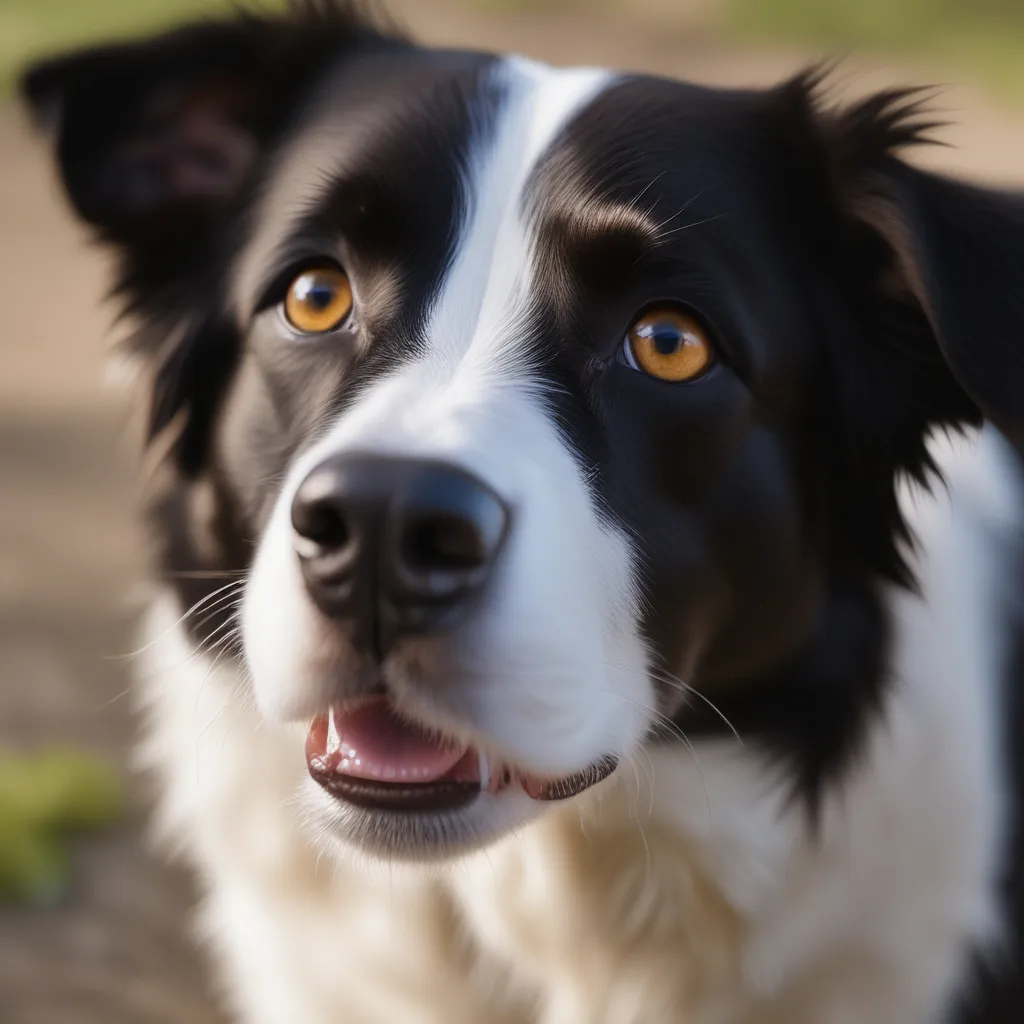
Defining Dog Intelligence: What Does it Mean for a Breed to Have a High IQ?
Dog intelligence is a complex and multi-faceted trait that can be measured in various ways. Instinctive intelligence refers to the purpose for which a dog is bred, such as guarding, retrieving, herding, and detecting. For example, Border Collies are bred to herd sheep and are known for their high intelligence in this area.
Types of Dog Intelligence
There are several types of dog intelligence, including:
- Instinctive Intelligence: This refers to the dog’s ability to perform the tasks it was bred for.
- Adaptive Intelligence: This refers to the dog’s ability to learn and adapt to new situations.
- Working and Obedience Intelligence: This refers to the dog’s ability to learn and perform specific tasks and commands.
Measuring Dog Intelligence
Dog intelligence can be measured in various ways, including:
- Stanley Coren’s Book “The Intelligence of Dogs”: This book ranks 131 dog breeds in terms of their relative intelligence.
- Dr. Coren’s Intelligence Test: This test measures a dog’s ability to learn and perform specific tasks and commands.
What Does it Mean for a Breed to Have a High IQ?
A breed with a high IQ is one that is able to learn and perform tasks quickly and easily. These breeds are often highly trainable and are able to adapt to new situations. Examples of breeds with high IQs include:
- Border Collies
- Poodles
- German Shepherds
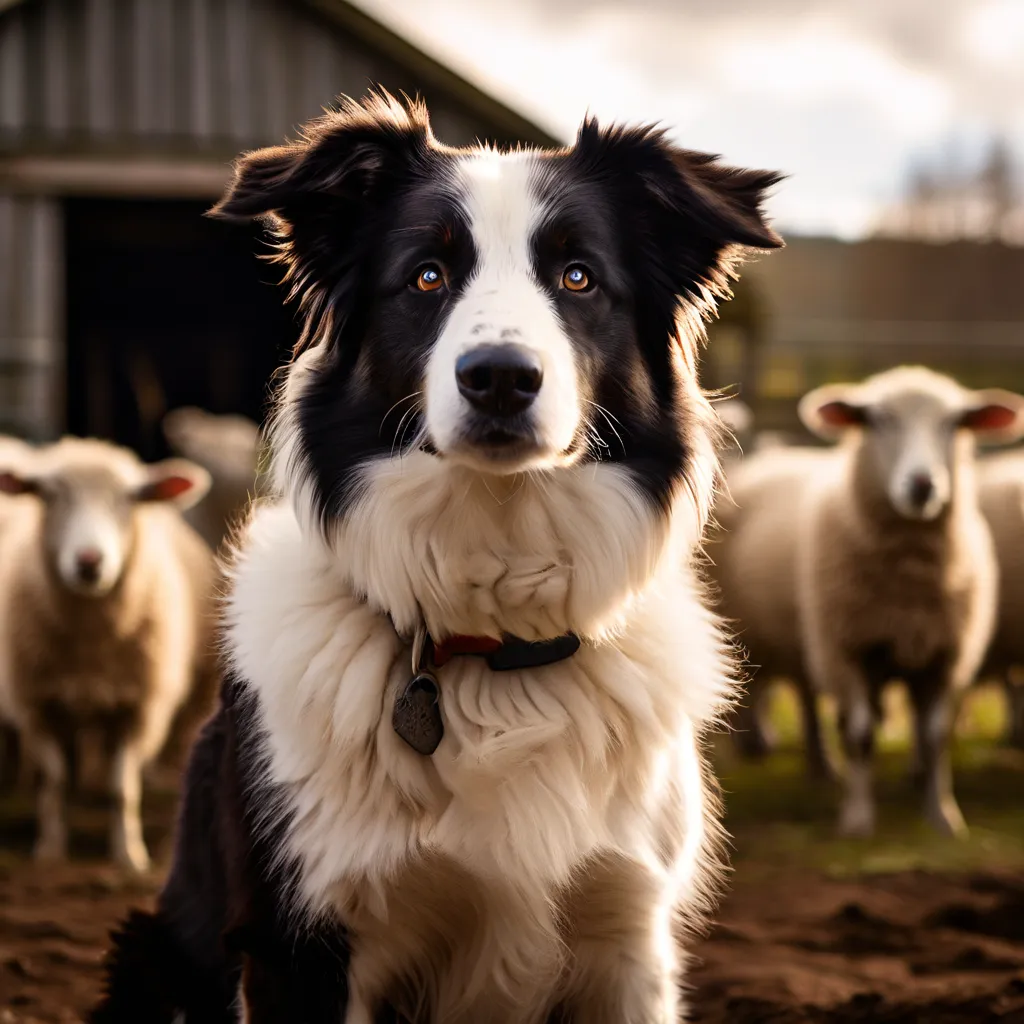
The Top Contenders: Dog Breeds Known for Their High Intelligence
When it comes to canine intelligence, some breeds stand out from the rest. These top contenders have demonstrated exceptional cognitive abilities, making them highly trainable and responsive to commands. Here are some of the dog breeds known for their high intelligence:
1. Border Collie
The Border Collie is widely regarded as one of the smartest dog breeds. With its high energy and intense focus, this breed can learn a new command in under five seconds and follow it at least 95 percent of the time. However, they require rigorous exercise to keep their minds and bodies active.
2. Poodle
Poodles are highly intelligent dogs that excel in emotional and cognitive intelligence. They are known to be comparable to a 2- or 2 ½-year-old child in terms of intelligence. Poodles can learn and retain basic math information and pick up on close to 250 words and signals.
3. German Shepherd
German Shepherds are highly intelligent and responsive to training. They are often used as police and military dogs due to their exceptional cognitive abilities and loyalty.
These breeds are just a few examples of the many intelligent dog breeds out there. Their high intelligence makes them highly trainable and responsive to commands, but it also requires owners to provide them with mental and physical stimulation to keep them happy and healthy.
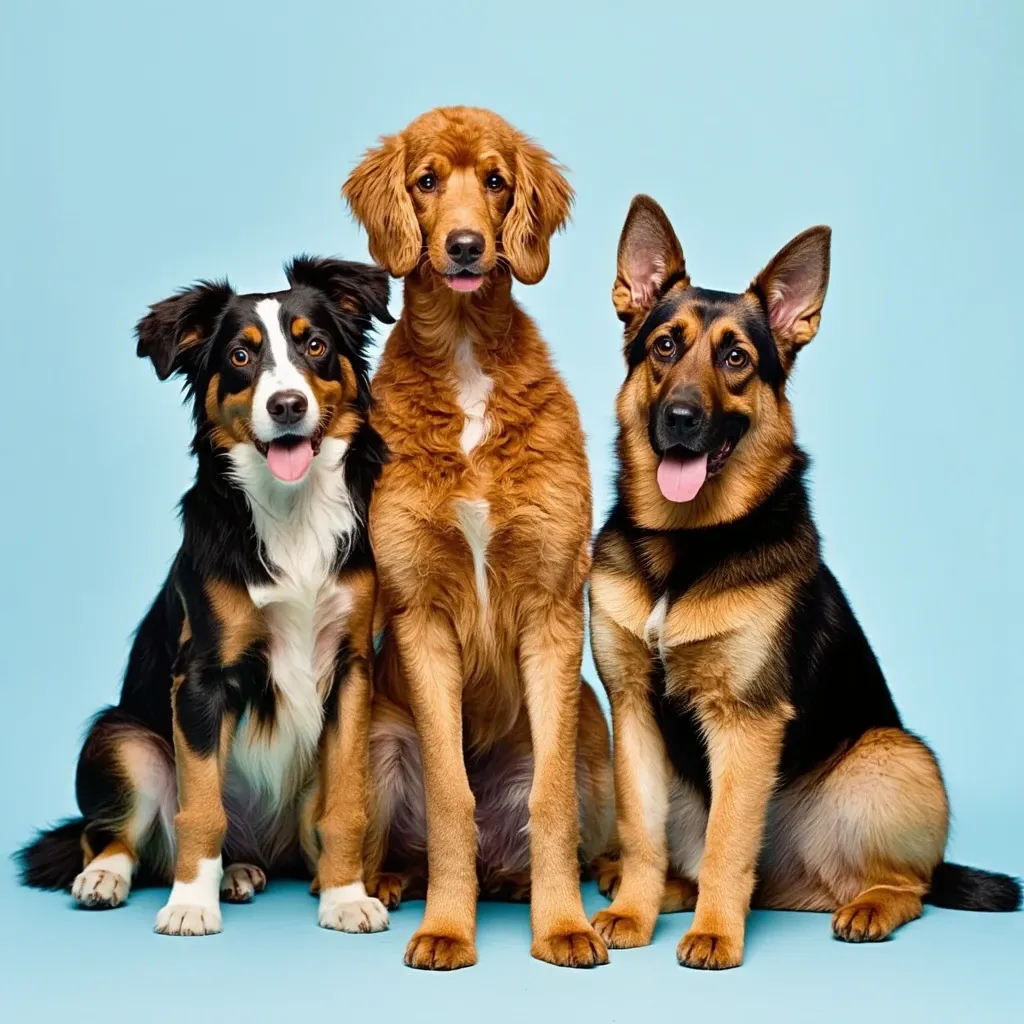
The Border Collie: What Makes it Stand Out as One of the Smartest Breeds?
The Border Collie is widely regarded as one of the smartest dog breeds in the world. Their intelligence and problem-solving abilities have captivated dog lovers and researchers alike. But what makes them stand out from the rest?
High-Instinctive and Adaptive Intelligence
Border Collies have high-instinctive and adaptive intelligence, making them one of the best herders. These two qualities contribute to their above-average IQ. They are quick learners and are known for their ability to think critically and make decisions on their own.
Genetic Makeup
According to Dr. Coren, 51% of any dog’s intelligence comes from their genes, and the other 49% is from environmental circumstances. The Border Collie’s unique genetic makeup plays a significant role in their exceptional intelligence.
Cognitive Abilities
The Border Collie’s cognitive abilities are renowned for their exceptional intelligence. They have been ranked as the number one breed in terms of intelligence, out of 138 breeds. Their ability to learn quickly and adapt to new situations makes them a popular choice for dog owners and trainers.
Problem-Solving Abilities
Border Collies are known for their problem-solving abilities, which are unmatched by many other breeds. They are able to think critically and come up with creative solutions to complex problems.
Trainability
The Border Collie’s intelligence and trainability make them a popular choice for dog owners and trainers. They are quick to learn and respond well to positive reinforcement training methods.

Comparing Intelligence: How Other Breeds Stack Up Against the Border Collie
When it comes to intelligence, the Border Collie is often considered one of the smartest dog breeds. But how do other breeds compare? Let’s take a closer look at the top contenders.
Ranking the Smartest Breeds
According to various studies and experts, including canine psychologist Stanley Coren, the top 5 smartest dog breeds are:
- Border Collie
- Poodle
- German Shepherd Dog
- Golden Retriever
- Doberman Pinscher
These breeds are known for their high intelligence, trainability, and ability to learn quickly. But what about other breeds? How do they stack up against the Border Collie?
Comparing Intelligence
While the Border Collie is considered one of the smartest breeds, other breeds have their own unique strengths and weaknesses. For example:
- Poodles are known for their high intelligence and trainability, but they can be more challenging to train than Border Collies.
- German Shepherds are highly intelligent and loyal, but they can be more independent and stubborn at times.
- Golden Retrievers are friendly and intelligent, but they can be more easily distracted and less focused than Border Collies.
- Doberman Pinschers are intelligent and athletic, but they can be more aggressive and require more socialization.
What About Other Breeds?
While the top 5 smartest breeds are well-known, other breeds also have their own unique intelligence and abilities. For example:
- Shetland Sheepdogs are highly intelligent and trainable, but they can be more sensitive and require more gentle training.
- Rottweilers are powerful and intelligent, but they can be more aggressive and require more socialization.
- Australian Shepherds are highly intelligent and energetic, but they can be more independent and require more exercise.
Conclusion
While the Border Collie is considered one of the smartest dog breeds, other breeds have their own unique strengths and weaknesses. By understanding the intelligence and abilities of different breeds, we can better appreciate their individual characteristics and train them more effectively.
The Implications of Intelligence: How it Affects Behavior and Training
A dog’s intelligence has a significant impact on its behavior and training. Dogs with high intelligence, such as Border Collies, are known to be highly trainable and responsive to commands. However, their intelligence can also make them more prone to unwanted behaviors if they are not provided with adequate mental and physical stimulation.
Intelligent dogs are more likely to engage in problem-solving behaviors, which can sometimes be misinterpreted as disobedience. For example, a dog may figure out how to open a door or escape from a crate, not because it’s trying to be naughty, but because it’s bored and looking for a challenge. Therefore, it’s essential to provide intelligent dogs with plenty of exercise, mental stimulation, and positive reinforcement training to keep them engaged and focused.
On the other hand, dogs with lower intelligence may require more patience and repetition during training. They may not pick up commands as quickly, and may need more positive reinforcement and encouragement to learn new behaviors. However, with consistent training and positive reinforcement, even dogs with lower intelligence can learn to behave well and respond to commands.
In terms of behavior, intelligent dogs are more likely to develop anxiety and stress if they are not provided with adequate mental and physical stimulation. This can lead to unwanted behaviors such as barking, chewing, and digging. Therefore, it’s essential to provide intelligent dogs with plenty of exercise, playtime, and mental stimulation to keep them happy and healthy.
In conclusion, a dog’s intelligence has a significant impact on its behavior and training. While intelligent dogs can be more challenging to train, they are also more responsive to commands and can learn quickly with positive reinforcement. Dogs with lower intelligence may require more patience and repetition during training, but can still learn to behave well with consistent training and positive reinforcement.
Ranking Intelligence: How Dog Breeds are Ranked Based on Cognitive Abilities
Ranking dog breeds based on their cognitive abilities is a complex task, as it involves evaluating various aspects of their intelligence. However, experts have developed several methods to assess canine intelligence, including Stanley Coren’s book “The Intelligence of Dogs.” Coren, a renowned canine intelligence expert, ranked breeds based on their working and obedience intelligence, which is the ability to learn and perform specific tasks.
The Coren Scale
Coren’s scale ranks breeds into five categories, from highest to lowest, based on their cognitive abilities:
- Instinctive Intelligence: The ability to perform tasks for which the breed was bred.
- Adaptive Intelligence: The ability to learn and adapt to new situations.
- Working and Obedience Intelligence: The ability to learn and perform specific tasks.
Top 5 Breeds with High Cognitive Abilities
Based on Coren’s scale, the top 5 breeds with high cognitive abilities are:
- Border Collie: Ranked as the smartest breed, known for their exceptional problem-solving skills and ability to learn quickly.
- Poodle: Ranked second, Poodles are highly intelligent and responsive to commands.
- German Shepherd: Ranked third, German Shepherds are highly intelligent and often work as police and military dogs.
- Golden Retriever: Ranked fourth, Golden Retrievers are known for their intelligence, loyalty, and trainability.
- Doberman Pinscher: Ranked fifth, Doberman Pinschers are highly intelligent and often work as guard dogs.
Factors Affecting Cognitive Abilities
While breed can play a significant role in determining cognitive abilities, other factors such as:
- Genetics: A dog’s genetic makeup can influence its cognitive abilities.
- Environment: A dog’s environment and upbringing can impact its cognitive development.
- Training: Proper training and socialization can enhance a dog’s cognitive abilities.
Conclusion
In conclusion, our journey to uncover the dog breed with the highest IQ has led us to a deeper understanding of canine intelligence. We’ve explored the various aspects of dog intelligence, from defining what it means for a breed to have a high IQ to comparing the intelligence of different breeds. The Border Collie has emerged as one of the smartest breeds, and we’ve delved into what makes it stand out.
However, it’s essential to remember that every dog has a unique and distinct intelligence, shaped by its breed and purpose. While some breeds may excel in certain areas, every dog has the capacity to learn, problem-solve, and adapt. By recognizing and appreciating the diverse forms of canine intelligence, we can better understand our furry friends and provide them with the care and training they need to thrive.

As we’ve seen, a dog’s intelligence is not just about its breed or genetics; it’s also about the bond we share with them and the opportunities we provide for them to learn and grow. By embracing our role as guardians and trainers, we can unlock our dogs’ hidden potential and strengthen our relationships with them.
In the end, the question of which dog breed has the highest IQ is not as important as our appreciation for the incredible cognitive abilities of dogs in general. By celebrating their intelligence and individuality, we can build a stronger, more compassionate bond with our canine companions.
References
- https://www.psychologytoday.com/intl/blog/canine-corner/200907/canine-intelligence-breed-does-matte
- https://www.dogster.com/lifestyle/dumbest-dog-breed
- https://www.akc.org/expert-advice/dog-breeds/smartest-dog-breeds
- https://www.dogster.com/dog-breeds/how-smart-are-border-collie
- https://www.psychologytoday.com/us/blog/canine-corner/201602/understanding-the-nature-dog-intelligenc

